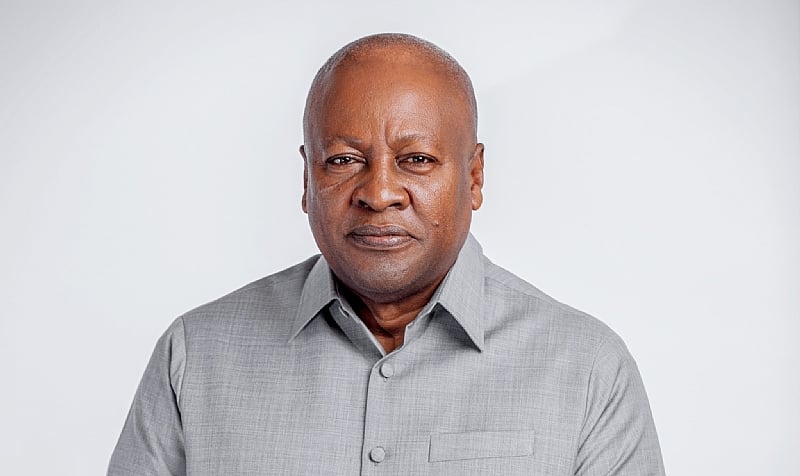John Dramani Mahama’s strategic focus on revitalizing Ghana’s economy through the Ministry of Trade, Agribusiness, and Industries has garnered substantial support, particularly from figures like Yakubu Faharudeen, former Acting General Secretary of the People’s National Convention (PNC). Faharudeen’s endorsement stems from Mahama’s emphasis on agriculture and industrialization, two sectors considered crucial for Ghana’s economic progress. He draws parallels between Mahama’s vision and the legacy of Dr. Kwame Nkrumah, Ghana’s first president, who recognized the symbiotic relationship between trade and agriculture and its potential to leverage the nation’s abundant arable land for economic growth. Faharudeen believes Mahama is effectively reviving this approach, promising a renewed focus on agricultural development and its potential to stimulate economic expansion.
Faharudeen highlights the significance of agricultural reforms, particularly in value addition for export purposes. He argues that such reforms are essential for generating sustainable employment opportunities and fostering overall development. The focus on adding value to agricultural products before export signifies a shift from exporting raw materials to exporting processed goods, which typically command higher prices in the international market. This value addition strategy holds the potential to increase revenue streams, create more skilled jobs within the agricultural sector, and stimulate economic growth across the value chain. He stresses the importance of collaborative efforts between the government and private sector stakeholders to ensure the successful implementation of these initiatives, recognizing the private sector’s role in driving innovation and investment in the agribusiness sector.
The streamlined structure of Mahama’s government, characterized by a reduced number of ministries, signals a commitment to efficiency and focused governance, according to Faharudeen. This leaner governmental structure, he suggests, indicates a clear understanding of the challenges facing the nation and a dedication to addressing them effectively. He further commends the timely appointment of ministers, suggesting that this proactive approach will facilitate the swift implementation of Mahama’s economic agenda. This streamlining, in his view, demonstrates Mahama’s intention to optimize resource allocation and improve governmental responsiveness.
Beyond economic policy, Faharudeen applauds Mahama’s emphasis on youth inclusion in key ministerial positions. He views this as a bold and progressive move towards empowering the next generation of leaders and equipping them to tackle Ghana’s developmental challenges. By entrusting young leaders with significant responsibilities, Mahama demonstrates a commitment to fostering intergenerational dialogue and integrating fresh perspectives into policy-making processes. This inclusivity not only provides valuable opportunities for young leaders to contribute but also ensures that government policies are relevant and responsive to the needs of the younger generation.
Furthermore, Faharudeen acknowledges Mahama’s dedication to gender inclusivity, praising the appointment of women to key leadership roles. This inclusive approach, he argues, will bolster women’s confidence in participating in national decision-making processes. Increasing female representation in leadership positions is seen as crucial for ensuring that diverse perspectives are considered in policy formulation and implementation. This commitment to gender balance in leadership, Faharudeen believes, reflects a broader commitment to social equity and a recognition of the vital role women play in national development.
Having previously served as president, Mahama’s return to power brings a wealth of experience, according to Faharudeen, who expresses confidence in Mahama’s ability to learn from past experiences and steer the country towards greater heights. He believes that Mahama’s previous tenure has equipped him with valuable insights into the complexities of governance and the challenges faced by the nation. This experience, combined with his renewed focus on economic revitalization through agribusiness and industry, positions him, in Faharudeen’s view, to effectively address Ghana’s economic and developmental needs and lead the nation towards a prosperous future. Faharudeen’s endorsement reflects a broader sentiment of optimism surrounding Mahama’s return and his potential to deliver on his promises of economic transformation and inclusive governance.


